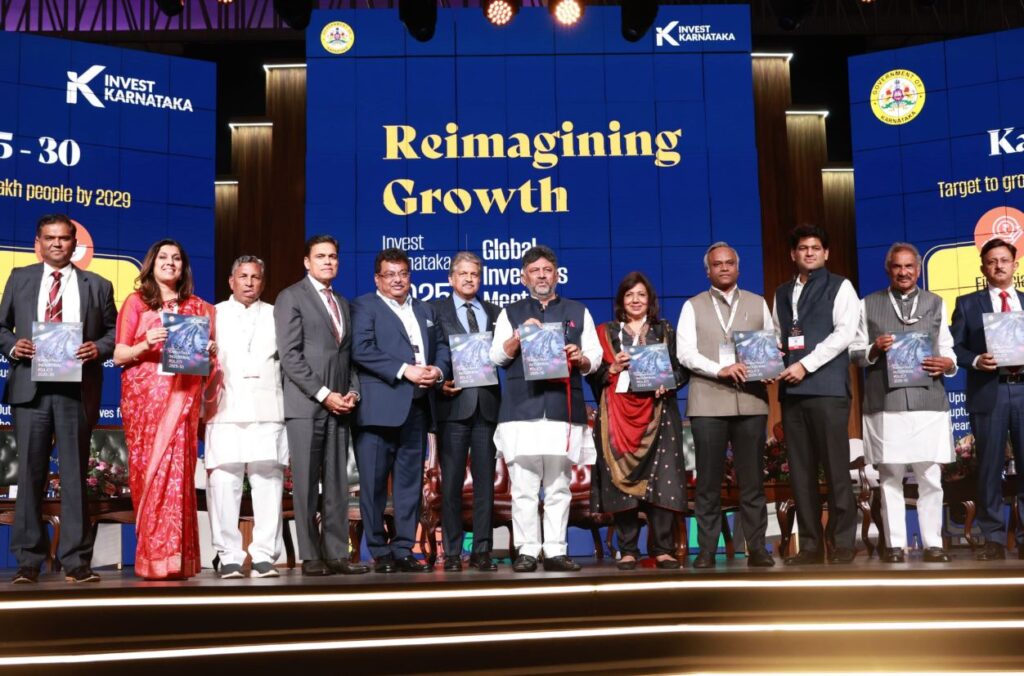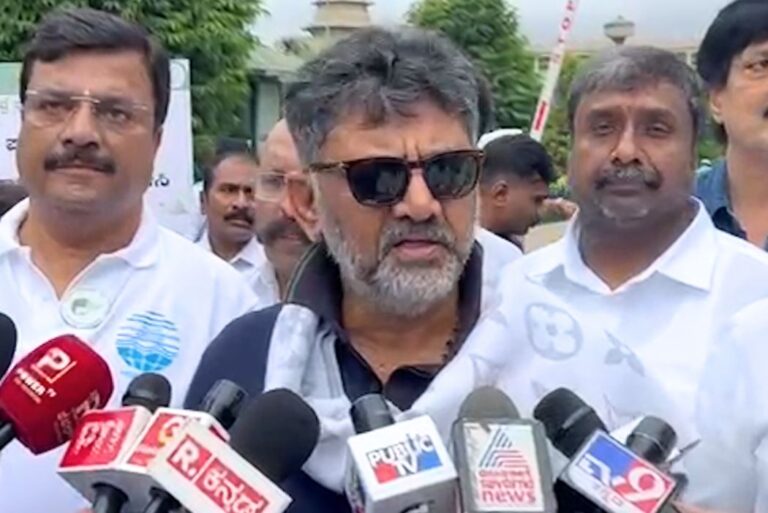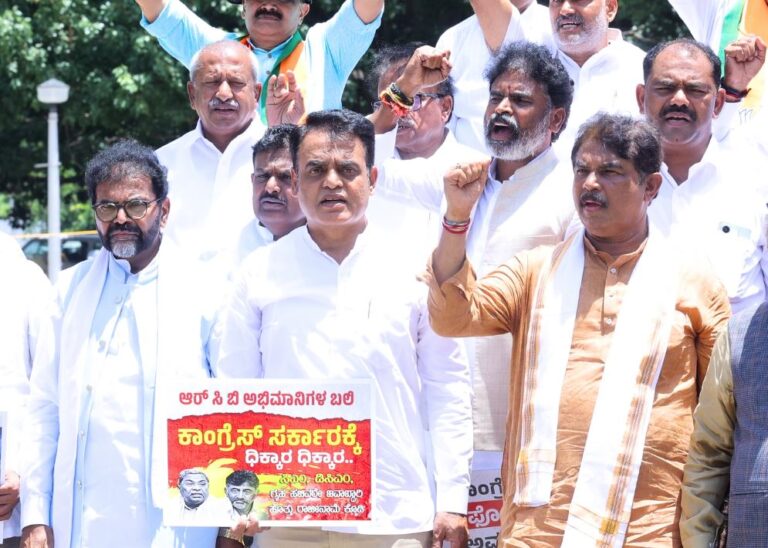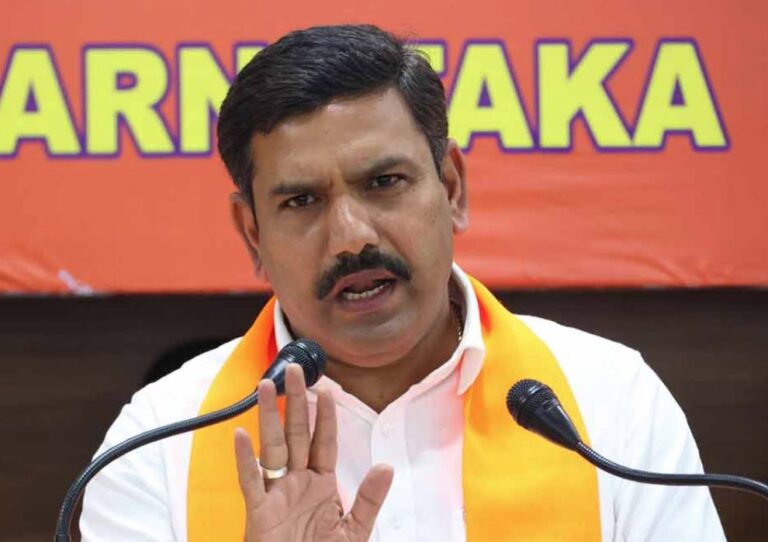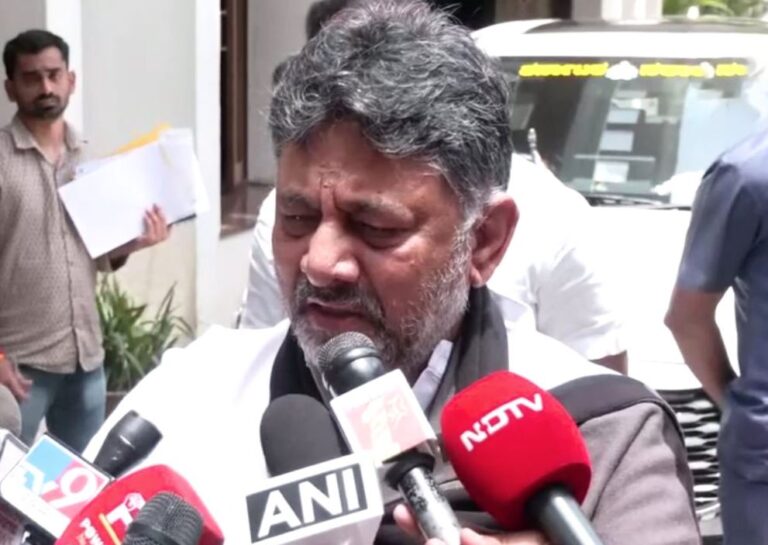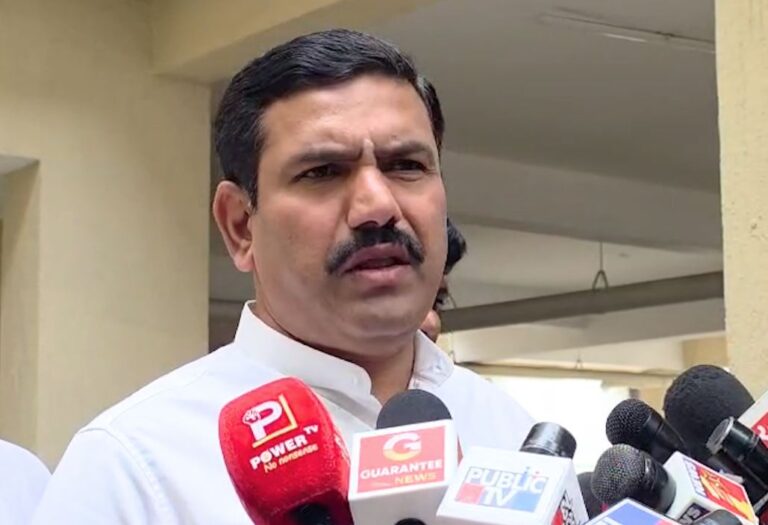Bengaluru: Karnataka’s renewable energy policy has posed significant challenges for producers since 2023, particularly in managing grid balance during peak hours, net consumption regulations, and directives from the Karnataka Electricity Regulatory Commission (KERC). These factors have created hurdles for the renewable energy sector in the state, said Shashi Kant Mishra, Associate Director – Business Development, AMPIN Energy Transition, on Wednesday.
Speaking at a session on “Advancing Renewable Energy: Pathways to a Sustainable and Resilient World” at GIM Invest Karnataka 2025, Mishra pointed out that despite the government’s push for renewable energy, critical issues remain in storage, distribution, regulations, and input costs. He stressed that the government’s peak-hour usage policy needs deregulation, as it could negatively impact investors.
Adding to the discussion, Chintan Shah, Group President and Global Head of Strategic Business Development & Policy Affairs – Renewable Energy, emphasised the urgent need for smart grid planning. He noted that only 17% of India’s energy mix currently comes from renewable sources. Shah highlighted that green hydrogen could replace traditional gas and fossil fuels, stating that hydrogen technology goes beyond batteries and needs to be effectively harnessed over time.
Looking ahead, he predicted a distribution revolution in the next 15 years. However, the challenges faced by distribution companies must be addressed first to ensure better tenders. He also pointed out the mismatch between energy production and consumption, calling for further deregulation of the energy market. He argued that transmission charges should not be linked to time, as this remains a significant barrier to infrastructure development.
Kishore Nair, CEO of Avaada Group, highlighted the crucial role of energy storage in the renewable sector. He raised key questions about how much storage is feasible and how costs can be reduced through technological advancements. He noted that battery prices have been declining over the past three years and emphasised that the cost of batteries will be a decisive factor in the expansion of solar energy.
Nair also stressed the need for policy initiatives to boost battery manufacturing, allowing India to compete with China and emerge as a global production hub. He pointed out that despite efforts, battery manufacturing incentives have not gained the expected traction. Since storage is now an integral part of renewable energy, he insisted that India must become a manufacturing powerhouse to achieve its target of 500 GW renewable energy production in the coming years. He urged Karnataka to introduce more incentives for manufacturers, as other states are already making significant strides in this direction.
The session was moderated by Varun Jyothiprakash, Senior Program Manager, WRI India.

